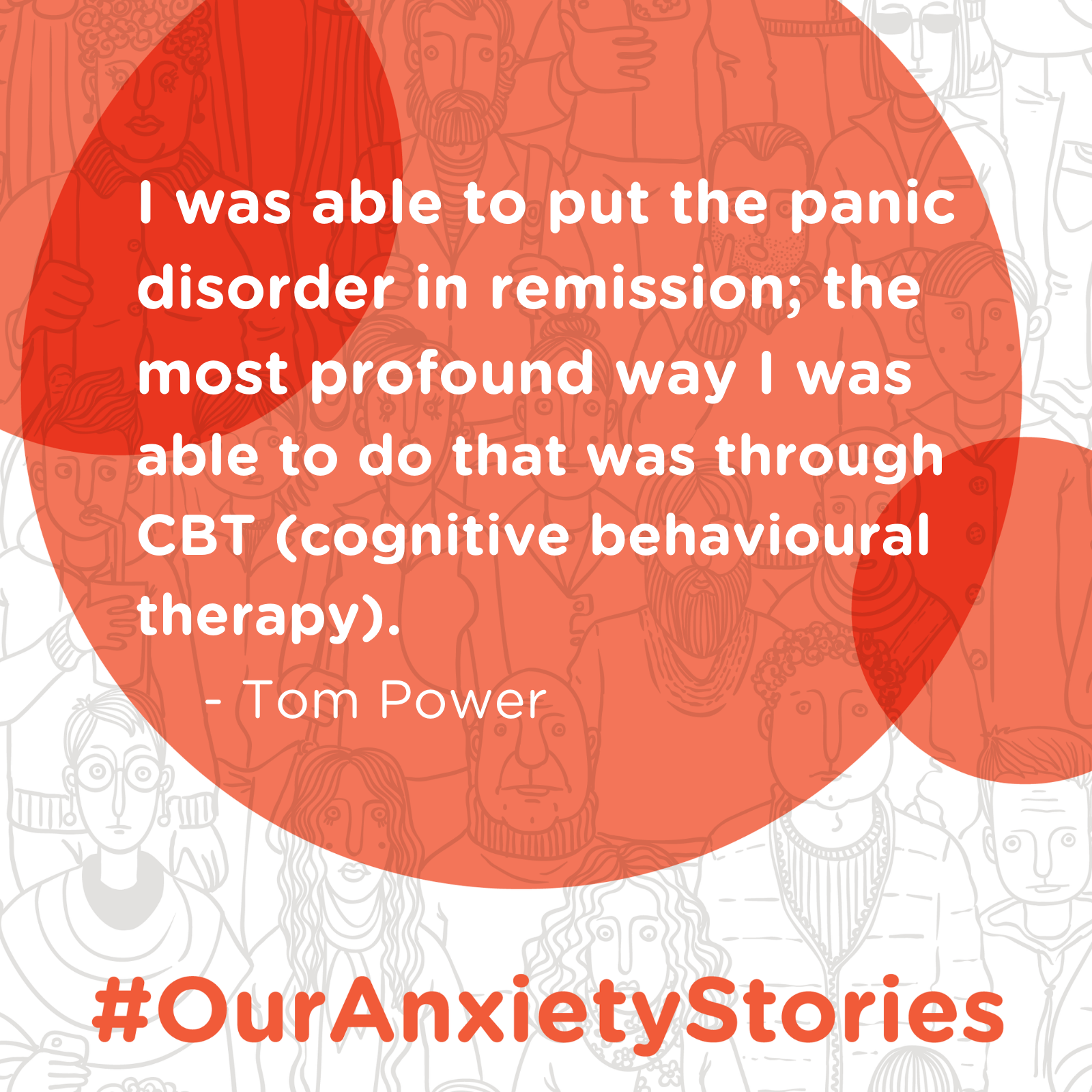What is Cognitive Behavioural Therapy (CBT)?




Why is Cognitive Behavioural Therapy considered the “gold standard” in anxiety treatment?
Cognitive Behavioural Therapy (CBT) is an evidence-based psychological treatment that was developed through decades of scientific research.
Research shows that CBT is the most effective psychological treatment for managing anxiety. It is also an effective treatment for depression, chronic pain, disordered eating, anger issues, addiction, and low self-esteem.
CBT Focuses on the Present
An important principle of CBT is that treatment involves dealing with the symptoms that you face in the present, rather than focusing on the cause of your problem. Although it can be interesting to understand how your anxiety developed, just knowing why you have anxiety is often not enough to help you manage it. CBT:
…gives you a new way of understanding and thinking about your problem.
…provides you with the skills to deal with the issues that you are struggling with right now.
… is often a short-term treatment option and is offered in both individual and group settings.
… can be done with a trained CBT therapist, in a group setting, or you can practice it on your own.
Read on to learn more.

#OurAnxietyStories – The Anxiety Canada Podcast features several anxiety stories involving CBT. In this episode of #OurAnxietyStories, CBC’s Tom Power shares his journey with anxiety—something he didn’t realize he struggled with until his adult years.
Tom recalls being in his mid-twenties at a social gathering and thinking he was having a heart attack, only to learn it was a panic attack when he sought medical attention.
In this episode, Tom reflects on several instances of anxiety in his life, including at the dentist and the grocery store, and while interviewing Academy Award-winning director Guillermo del Toro.
Through exposure therapy, Tom learned that panic attacks only last so long and he can get through them—an invaluable lesson that has helped him until this day.
Anxiety is still present in Tom’s life, but he shares that CBT and meditation have helped him manage it.
Why is CBT effective?
CBT focuses on the way people think (“cognitive”) and act (“behavioural”). CBT suggests that our thoughts about a situation affect how we feel (emotionally and physically) and how we behave in that situation. By identifying these unhelpful thoughts initially through the principles of CBT, we are able to stop them in their tracks.
As human beings, we naturally give meaning to events that are happening around us. However, we often don’t realize that two people can give two very different meanings to the same event. The meanings we assign to the situation affect how we feel and act rather than the situation itself, and these meanings are not always accurate, realistic, or helpful.
Unhelpful thoughts lead to unpleasant emotions and unhelpful behaviours (e.g., avoidance) that reinforce our negative thoughts and maintain the problem. In other words, our thoughts, feelings and behaviours can interact and influence each other to create a vicious cycle.
We all have negative thoughts every now and then, but if we consistently apply negative meanings to events, then we are likely to experience problems with anxiety or depression. CBT can help us break out of the vicious cycle.
Exposure therapy (see Facing Your Fears – Exposure) and balanced thinking are vital tools in your CBT toolkit. Learning to take a closer look at your thoughts and coming up with more balanced and realistic thoughts is an important step in managing anxiety (see Helpful Thinking for more information).
Anxiety Canada’s free and affordable CBT-based services
Our proven programs and services are accessible and can help you manage anxiety from the comfort of home.

Free Evidence-Based Anxiety Relief
Is anxiety getting in the way of your life? Our award-winning app, MindShift® CBT, offers free CBT strategies at your fingertips.
MindShift uses scientifically proven strategies based on CBT to help you learn to relax and be mindful, develop more effective ways of thinking, and take charge of your anxiety.
The app includes a thought journal, tips to better manage anxiety, coping cards that quell negative thoughts with helpful coping statements, and more. Plus, the new Community forum enables you to find and offer peer-to-peer support.

Evidence-Based Anxiety Therapy Groups
MindShift CBT Groups is an 8-session online group therapy program for small groups of adults (aged 18+) with mild to moderate anxiety using CBT. Groups are a maximum size of 12 and provide people with support, encouragement, and tools to help them cope better. A clinical counsellor leads weekly sessions on Zoom.
You’ll Learn…
…How anxiety works and why people experience it
…Tools to manage anxiety with support from the MindShift CBT app
…Behavioural strategies to help reorient thinking, take action, and make lasting positive change
Downloadable PDF Resources on CBT

What is CBT?
CBT, or Cognitive-Behavioural Therapy, is a psychological treatment that was developed through scientific research. Research has shown that CBT is one of the most effective treatments for managing anxiety. The good news is that although it is best do[...]

Challenging Negative Thinking
Learn how to challenge negative thoughts to overcome and 'boss back' anxiety.
CBT Stories:
► #OurAnxietyStories Podcast Episodes
► Real CBT Stories Video
► Bruno Feldeisen Talks CBT Changing His Life
Blog Posts:
► More on CBT
► Self-Help & CBT
► Dr. Aaron Beck: A foundational figure in CBT
Downloadable PDF Resources on Realistic Thinking

Realistic Thinking Form
Helpful thinking means looking at all aspects of a situation (the positive, the negative, and the neutral) before drawing conclusions so we can see things realistically. Learn to engage in more realistic or helpful thinking to overcome anxiety and se[...]
